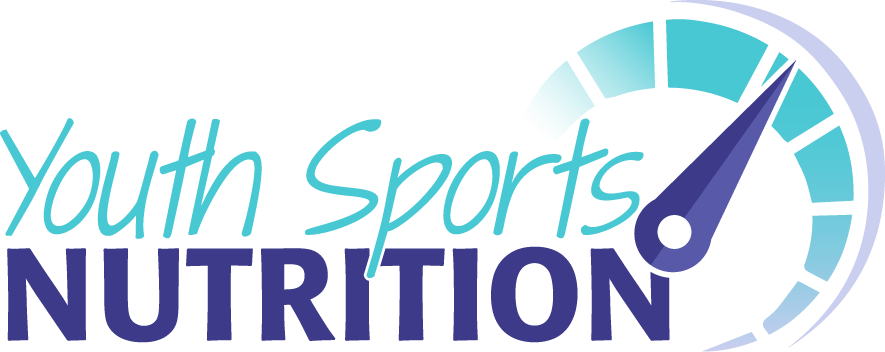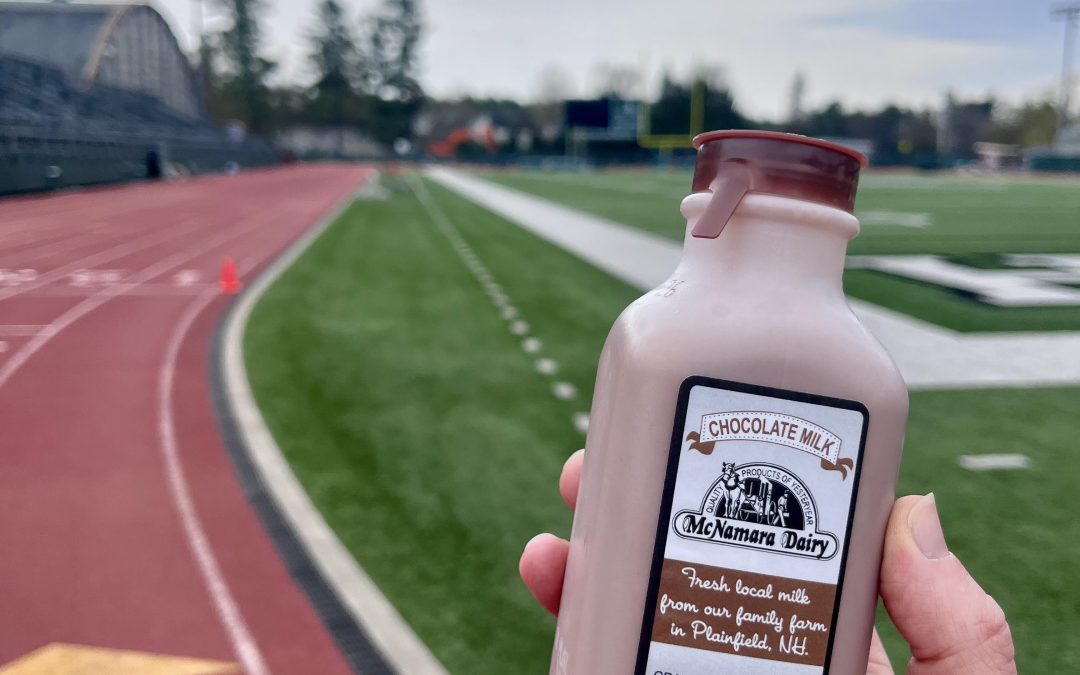Protein for Teenage Athletes
Protein plays a huge role when it comes to performance. Not only does protein aids in muscle building but is essential for proper immune function, metabolism, and structure of ligaments and tendons. The structure of protein consists of 20 amino acids. Our body is able to make some amino acids but other amino acids we need from food. Foods contain these amino acids which aid in muscle recovery post exercise. Not all foods contain all amino acids; it is important one’s diet includes a variety of protein sources.
Research shows that muscle protein turnover is increased for 24-48 hours post-workout. Now, what does this mean? During a hard workout, especially strength training, the muscle breaks down and creates micro-tears. Protein after a workout aids in recovery and rebuilding of these muscle fibers. The ability to build new muscle is increased for up to 48 hours after the strength training session. Increasing protein intake and emphasizing protein rich foods during this time aids in muscle building.
Protein is best utilized when spread throughout the day. Instead of eating one big meal, with a large portion of protein, include doses with each meal and snack. Depending on age and activity level, aim for 25-30g of protein at each meal. Protein takes a longer time to digest compared to carbohydrates and helps one stay full and satisfied. With adequate amounts of protein at meals and snacks, you are likely to intake a sufficient amount according to your needs.
Include these tips on how to “Pace your Protein”.
Start with Protein at Breakfast
Oftentimes, breakfast foods are carbohydrate-rich with little protein. Try adding eggs, yogurt, smoothies, overnight oatmeal or milk to your breakfast routine. Even just 8 ounces of milk is 12 grams of protein. Making a batch of bacon or sausage links for the week is very easy to do. There are also precooked frozen options available that just need to be heated and served.
Read more breakfast tips over here
High Protein Snacks
When planning midday snacks, always choose at least two food items. One of these foods should be considered a good source of protein.
Partnering carbohydrate foods with protein keeps one satisfied until their next meal. Snacks are a great way to add calories for athletes looking to gain weight.
Here are a few examples:
- Peanut butter +banana
- Milk + cereal
- 2 string cheese + crackers
- Hard boiled egg + slice of bread
- Protein bar + Pretzels
Remember, this is only a snack not a meal; aim for 10g-15g of protein at each snack.
High Protein Lunch
Assess your current lunch routine and think of ways to add protein. 4 slices of deli meat with 2 slices of bread contain approximately 16g of protein. Easy items to include at lunch:
- Cheese slices to sandwich
- 2 string cheese
- Yogurt cup
- Protein bar
- Dried edamame
- Beef jerky
- 1ounce of almonds
Meals should consist of at least 30 grams. However, this number is dependent on activity level, duration, intensity, and athlete goals.
Dinner
After a long day of school and practice, one is usually hungry for a big meal. Athletes typically don’t have difficulty eating protein at dinner but it is still worth mentioning. Whether your protein source is lean ground beef tacos, precooked chicken breasts, or turkey burgers, incorporate a well-balanced meal including carbohydrates, colorful fruits and vegetables and healthy fats. Use the Athletes plate as a guide when meal planning.
Post-exercise Protein
A proper post-exercise snack and meal are crucial for recovery and helps prepare you for your next event. Protein is very important for muscle repair and building after exercise. Muscle soreness is a major concern for athletes. It’s a good idea to keep a protein source in your practice bag or car. Prepare ahead of time and purchase shelf stable items such as a protein bar, dried chickpea packets, trail mix or nut butter with crackers.
Choose whole foods as a source of protein. Foods naturally containing protein are more effective and nutrient-rich as opposed to supplements. Before seeking out a protein supplement, evaluate your athlete’s diet first and reach out to a nutrition professional for advice.
Protein Supplements for Athletes
Protein supplements such as whey can be very beneficial for athletes. Powder or ready to drink beverages are convenient and help athletes meet their protein goals. Especially for athletes who are on-the-go traveling from school to practice to competition, having accessible options comes in handy.
Athletes do not want to solely rely on these products or use them as a meal replacement, but instead, protein drinks and powder should compliment the current meal plan. Athletes should prioritize animal and plant-based protein, then consider adding in convenience options.
Top whey powders:
- Optimum nutrition
- Bare Performance Nutrition
- Thorne
- Garden of Life
Protein drinks:
- Gatorade Recovery
- Muscle Milk
- Fairlife
When choosing a protein supplement, find one that is third-part tested. Third-part testing certifications includes NSF Certified for Sport and Informed Sport. This ensures the supplement is at its highest quality and will be the most effective.
Vegetarian protein sources
Athletes who prefer vegetarian and vegan options need to be more intentional about their protein sources. Tofu, tempeh, edamame, and lentils are rich sources of protein for those who want to avoid animal products. Plant-based athletes have the ability to reach their protein goals but need to pay close attention to adding protein throughout the day, at each meal and snack.
Vegan and vegetarian athletes will need to get creative on how to add more protein to their meal plan. Include plant-based protein powders, high protein pastas and breads, and seeds and legumes. Soy milk has a higher protein content compared to almond or oat beverages.
Conclusion
Protein plays a crucial role in performance, muscle recovery, immune function, and metabolism. It consists of 20 amino acids, some of which must be obtained from food. Incorporating protein at every meal and snack will help you reach your protein goals for the day. Ultimately, balanced protein intake, along with proper meal timing, supports muscle recovery and overall athletic performance.


